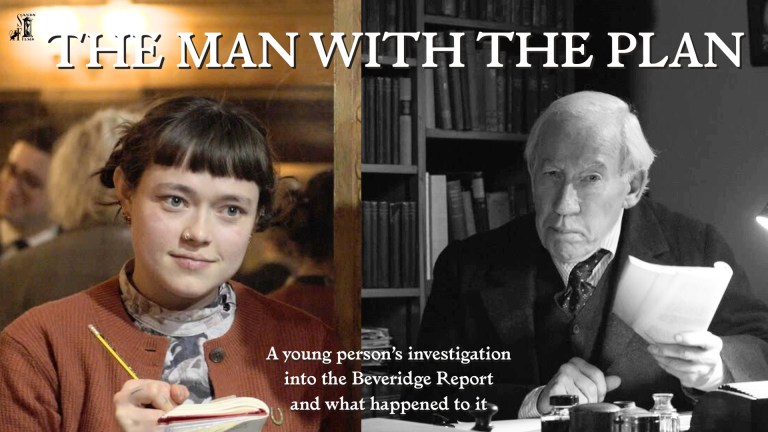But serious concerns remain that the line between helpful health advice and dangerous misinformation is becoming increasingly blurred, which in turn can pose risks.
Importantly, the picture on social media and AI use is not consistent across demographic groups. Younger men and those from ethnic minority backgrounds are far more likely to seek health advice outside traditional NHS channels.
Nearly a third (31%) of men aged 18 to 24 use social media for information on staying healthy. More than a quarter (27%) of men from ethnic minority backgrounds do the same, compared to just 16% of white men.
And 18% of ethnic minority men use AI tools for information on how to stay healthy, compared to 7% of white men.
AI chatbots and social media influencers are not doctors. They don’t know a person’s medical history, they’re not accountable and they’re often designed to maximise engagement rather than accuracy.
Reliance on them can therefore result in harm. There has been media coverage in recent months about TikTok influencers who have promoted unlicensed weight-loss drugs such as Retatrutide, fuelling a black-market trade in the UK. In the United States, a lawsuit has raised concerns about an AI chatbot that appeared to encourage a vulnerable teenager’s suicide.
Advertising helps fund Big Issue’s mission to end poverty
For many men, possibly including those that are reluctant to visit their GP, these platforms can seem like safe, anonymous spaces to seek advice. But without the skills to distinguish reliable information from commercial hype or misinformation, they risk being misled in ways that can seriously affect their health.
Recent findings from Healthwatch Leeds highlight the significant differences in how young people interpret and evaluate online health information, revealing varying levels of health literacy.
This shift in how men find information about their health should be a wake-up call for the NHS.
If men are already seeking health information online, the NHS needs to meet them there. A dedicated men’s health section on the NHS website, offering clear, accessible information about key conditions, screening programmes and symptoms to watch for should be a first step.
However, one in five men aged 25 to 34 told us that they’d be more likely to make lifestyle changes based on information from social media experts including content from influencers. The NHS’s role should go further.
By developing a stronger and more relatable presence on social media, it can make sure accurate, evidence-based advice appears in the same feeds where misinformation spreads. Working with trusted public figures, sport organisations and community leaders could help make these messages more relevant and appealing.
Advertising helps fund Big Issue’s mission to end poverty
Equally important is building men’s digital health literacy.
Men want more information about how to stay healthy, but many lack the skills to judge what information is reliable. Resources and information that help people fact-check content, recognise genuine NHS information and spot misleading claims would give men the confidence to make safer choices about their health.
The rise of social media and AI tools need not be something to fear. If we act now, we can turn a growing online risk into a powerful tool for improving men’s health and wellbeing.
William Pett is the head of policy and research at Healthwatch England, the national statutory body representing patients in England.
Do you have a story to tell or opinions to share about this? Get in touch and tell us more.
Change a vendor’s life this Christmas.
Advertising helps fund Big Issue’s mission to end poverty
Buy from your local Big Issue vendor every week – or support online with a vendor support kit or a subscription – and help people work their way out of poverty with dignity.





